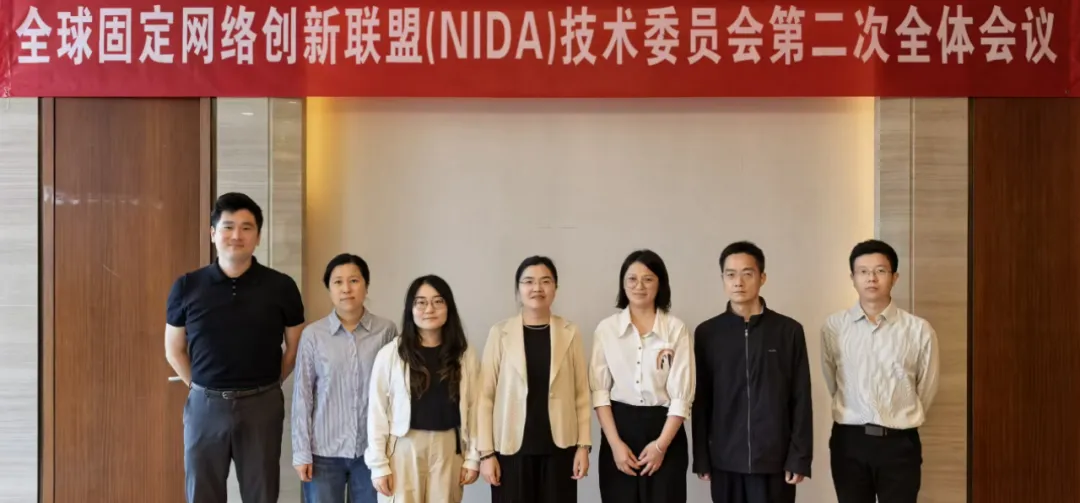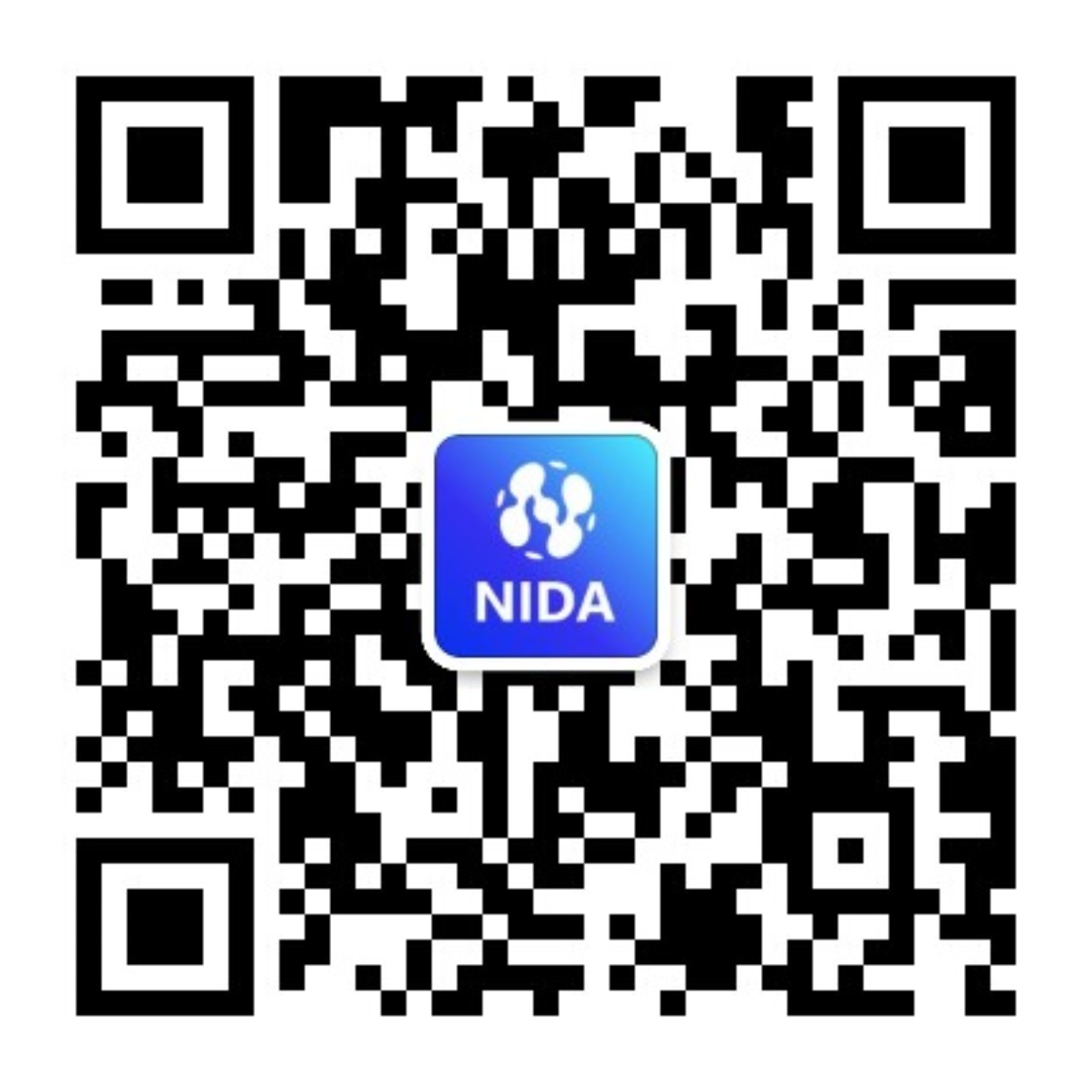Network Innovation and Development Alliance Cyber Security Working Group was formally established.
【September 26, 2025, Beijing】, During the second plenary meeting of the Network Innovation and Development Alliance (NIDA) Technical Committee (TC) held in Beijing, all TC members reviewed and approved the proposal for the establishment of the NIDA Cybersecurity Working Group and its work plan. The Technical Committee and Alliance members engaged in enthusiastic discussions and expressed strong endorsement of the Working Group's objectives, which are "to address the emerging security requirements of the Next-Generation Network, consolidate the vision and consensus for the development of the cybersecurity industry, and guide the healthy development of the cybersecurity industry." The official establishment of the Cybersecurity Working Group was unanimously agreed upon.

Liu Chunchi, Executive Secretary of the Cybersecurity Working Group, reported to the assembly on the overall goals and specific work plan. He pointed out that cybersecurity demands stem from the need to safeguard business objectives, and emerging industries might face a "time gap" between business investment/construction and corresponding security infrastructure development. Coupled with new security risks such as blurred security perimeters and AI-powered cyber attacks, high-value emerging services could be exposed to significant risks. The core mission of the Cybersecurity Working Group is to address key common security challenges across various domains during the planning and design of Next-Generation Network service scenarios and new connection models. This involves fully considering high-level requirements for intrinsic security, network-security integration, and integrated cloud-network-edge-device security, gathering consensus among regulators, customers, and vendors, and promoting collaborative industry development.
The 14 member units of the Cybersecurity Working Group proposed four initial Task Forces: IPv6 Security, SASE, Intelligent Computing Security, and Flow Security Detection & Analysis. Notably, the IPv6 Security project is the Alliance's first standard project led by an overseas member and will be initially applied overseas, marking a significant step towards the internationalization of the Alliance's standards. The meeting approved the initiation of three group standards – "Security Evaluation Methods for Intelligent Computing Centers," "Technical Requirements for Network Security Based on Flow Detection and Analysis," and "Networking Standards for SASE Multi-Branch Security Scenarios" – along with two research reports. The following appointments have been approved:Arepresentative from the China Electronics Standardization Institute as Chairperson, and Representatives from China United Network Communications Group Co., Ltd. and the APAC IPv6 Council as Vice-Chairpersons.
The successful establishment of the NIDA Cybersecurity Working Group not only consolidates critical consensus among key stakeholders in the cybersecurity ecosystem but also reflects the industry's expectations for its own long-term healthy development. It lays a solid foundation for sustained innovation, industrial advancement, and international cooperation in the field of cybersecurity.
Previous:Interpretation of the Design Connotation of NIDA Logo
Next:No more

